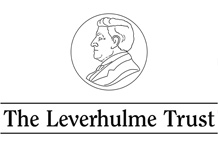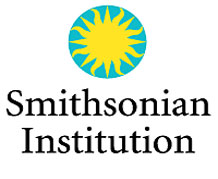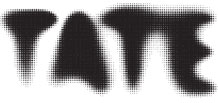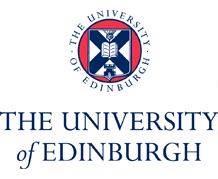Feminist Histories, Edinburgh
Feminist Histories and What They Have to Do with Feminism’s Political Future
Edinburgh, Thursday and Friday, 10-11 March 2011
Read the Workshop summary
What indeed constitutes ‘the past’ of feminism? How has this past been mediated and disseminated to the public? Which public, and where? How is the concept of feminist history, even if pluralised as ‘histories’, connected with debates around the oppressive presence of a hegemonic (read: Western) feminism allegedly disseminated from the centre to its endless peripheries? Does the concept of feminist histories imply a historicisation of feminism – that is, either its obsolescence or its perpetual re-inscription as ‘that moment’, associated with second-wave feminism against which every feminist initiative today must be measured? Does this same concept acknowledge ideological divisions within feminism? And can the quest for transnational feminist solidarity, increasingly an expressed demand of feminism in the age of global capital, provide new perspectives on feminist histories? As regards art in particular, how can we ensure that feminist histories in this context do not remain merely art-world histories but relate to broader configurations of feminism’s political cultures? Are indeed feminist histories only to exist in feminist research and curatorial projects or can they be part of broader art histories and social struggles? Can they perhaps just be part of biennials? Markets? Can feminist histories help us imagine the future of feminism as a connective, political struggle? If so, can this be realised through curatorial work at all at present or will such work inevitably be recuperated by the capitalist institution? Is feminist history – note the return to the singular – in crisis? And if so, is this a good or a bad thing?
These are some of the questions that we hope to address during the Edinburgh Research Workshop realised in the context of our Research Network. Researchers in the workshop will debate issues of historical specificity and transhistoricity in feminist critique. We hope that participants will bring their own questions and engage in debate. The workshop is intended to act as a think-tank where knowledge is shared and, if necessary, actively and openly debated. Participants to the research workshop are expected to have consulted readings that will be disseminated electronically early in 2011. The workshop leader and invited researchers will be responsible for selecting these readings, intended to facilitate discussion. Invited researchers will deliver presentations tackling topics of relevance to the workshop’s theme. We anticipate that the workshop will be recorded and parts of it may be transcribed on the Network’s website. The workshop leader will formulate a report, summarising the day’s discussions and findings, that will be circulated to network researchers and guest researchers within a month of the workshop date.
WORKSHOP DETAILS
Venue: The University of Edinburgh, Department of History of Art Common Room, School of Arts, Culture and Environment 20 Chambers Street Edinburgh
Workshop leader: Angela Dimitrakaki (angela.dimitrakaki@gmail.com)
Research Workshop Invited Researchers: Ruth Noack, Germany, curator of Documenta 12
WORKSHOP SCHEDULE
Thursday 10 March
16.00 – 16.30 Welcome, snacks, tea, coffee, introductions
16:30 – 16.45 Angela Dimitrakaki: An Introduction to Issues, Questions, Debates
16:45 – 17.30 Presentation 1
17.30 – 18.15 Presentation 2
18.15 to 18.30 Break
18.30 to 20.00 Discussion with participants
20.15 Dinner
Friday 11 March
9.30 to 11.00 Ruth Noack: Feminist Histories, Other Histories and Curatorial Strategies in the 21st Century – Learning from Documenta 12 [presentation and discussion with participants]
11.00 to 11.30 Coffee/Tea break
11.30 to 12.30 Closing Discussion/Summary of workshop
12:30 – 13.30 Buffet Lunch
13.30 DEPARTURE
- Feminist Histories - Summary University of Edinburgh








